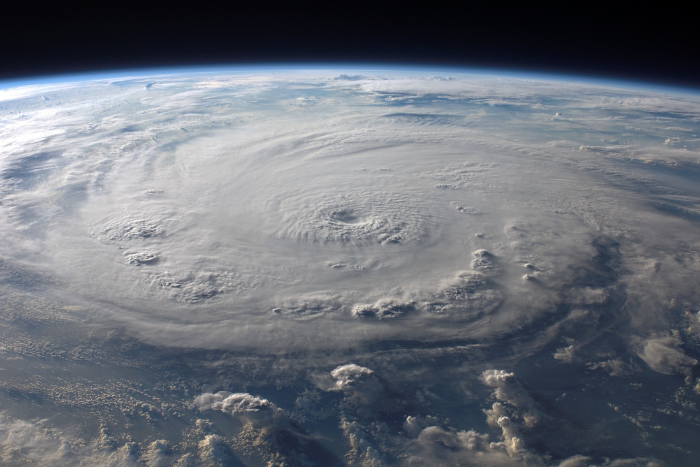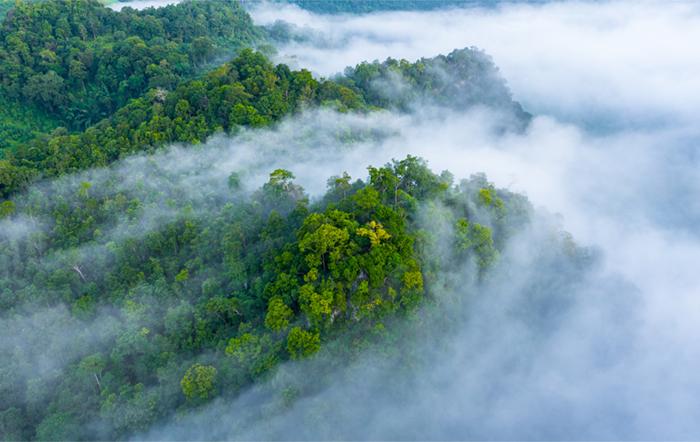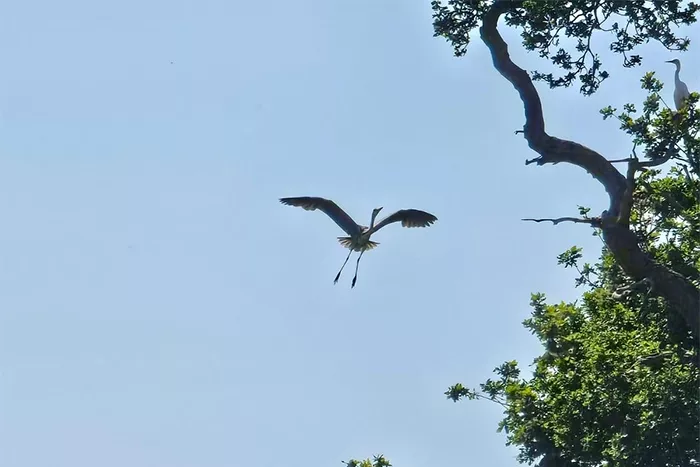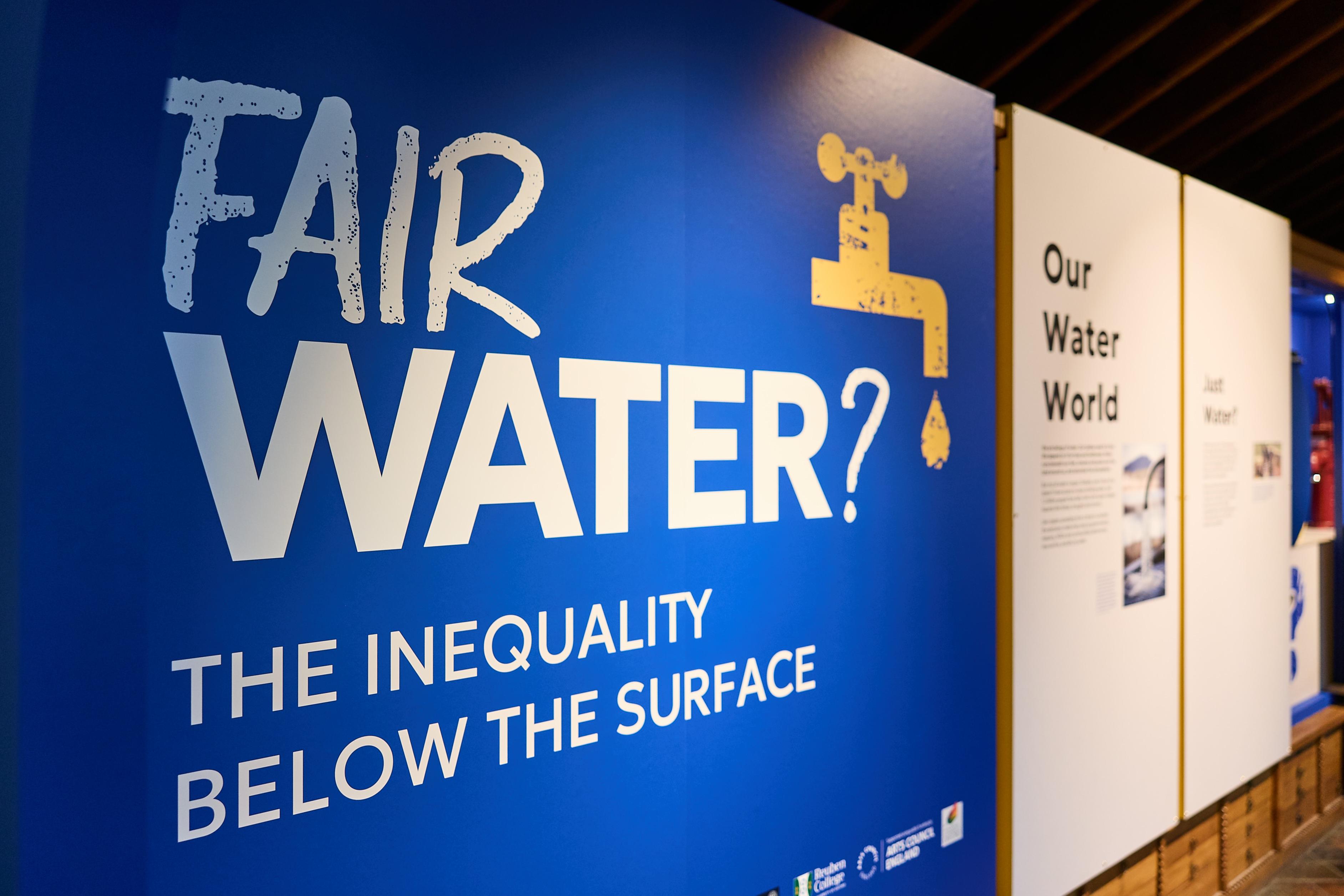The atmosphere’s growing thirst for water is making droughts more severe, even in places where rainfall has stayed the same. New research by Dr Solomon H. Gebrechorkos and Prof Simon Dadson et al in SoGE, published in Nature, finds that this “thirst” has made droughts 40% more severe across the globe.
News
Oxford's School of Geography and the Environment Secures Top Spot in QS World University Rankings by Subject 2024
The University of Oxford's School of Geography and the Environment has again secured the No. 1 position in the QS World University Rankings by Subject 2024. This prestigious ranking underscores the School's commitment to academic excellence, innovative research, and impactful global contributions.

Renationalising water could fix sewage crisis – but no major party will do it
Privatised water companies discharged raw sewage into rivers and the sea around England and Wales for 3.6 million hours in 2023 – double the previous year’s total. For a sense of how bad the problem is today, check this map of the south-east of the UK which shows how much sewage water companies are dumping right now and for how long.
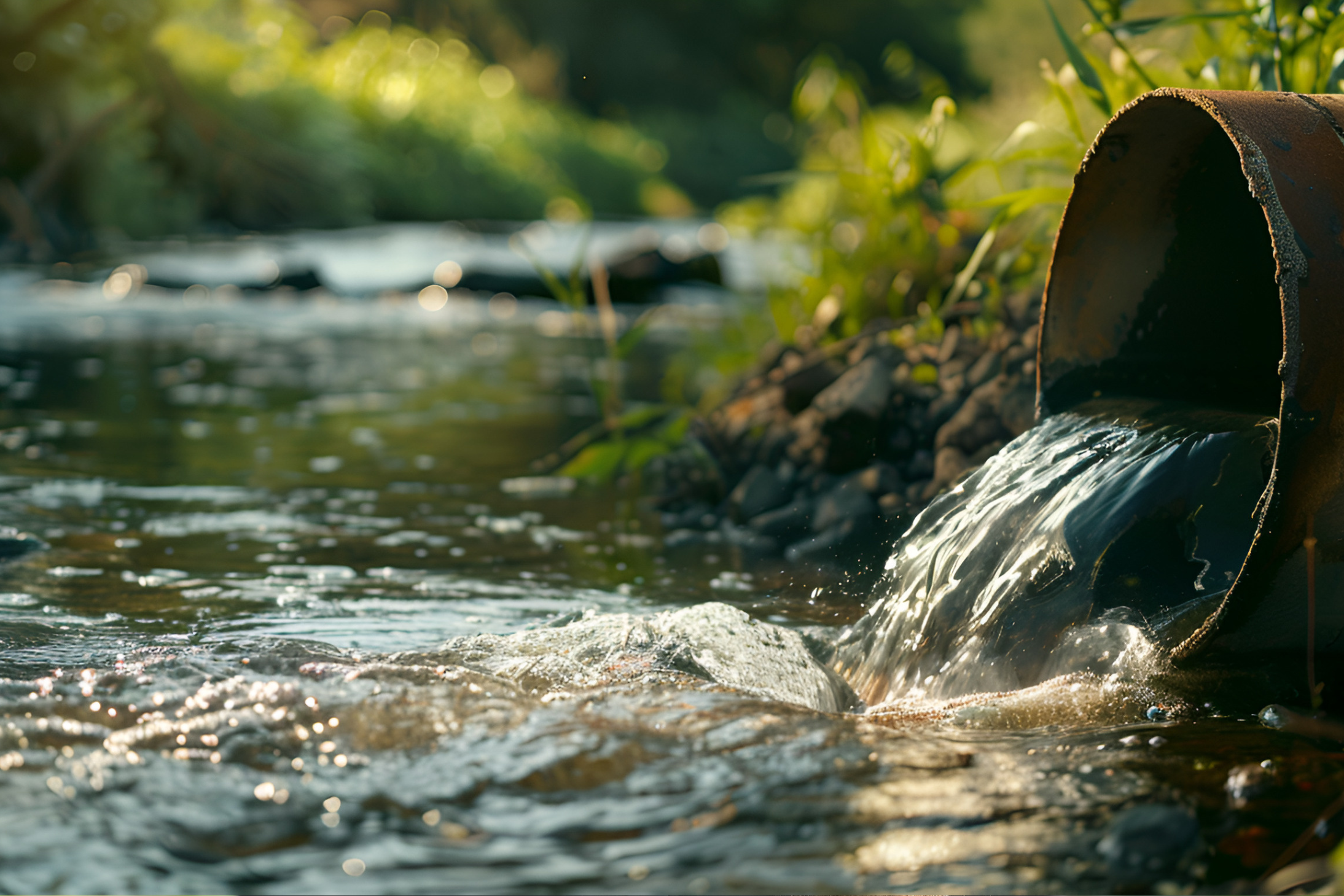
In memoriam: Paulo de Souza
The School of Geography and the Environment (SoGE) is very saddened to hear the news that Paulo de Souza passed away on 17 June. We extend our deepest condolences to his family and friends.

The next Government must act quickly on the social determinants of health
Whoever is in power on 5th July will have to act quickly to reverse the health crisis facing the country. It is surprising to see this missing from the political discourse given what we know. In key summary measures of population health, such as life expectancy and infant mortality (that measures the deaths of babies before their first birthday), the UK is faring extremely poorly.

Expert Comment: Confronting ‘mobesity’ is vital for the global electrification of transport
The proliferation of large electric vehicles risks undermining the environmental and economic benefits of the green transport transition, argues Christian Brand, Professor of Transport, Energy and Climate Change at the Transport Studies Unit in the School of Geography and the Environment.

Alumna Heather Needham (MSc BCM 2022) Wins King's College London Emerging Leader Award
Alumna Heather Needham (MSc BCM 2022), Biodiversity Manager at the University of Oxford and a 2022 graduate of the BCM Masters course, has been awarded the prestigious King’s College London Emerging Leader Award.
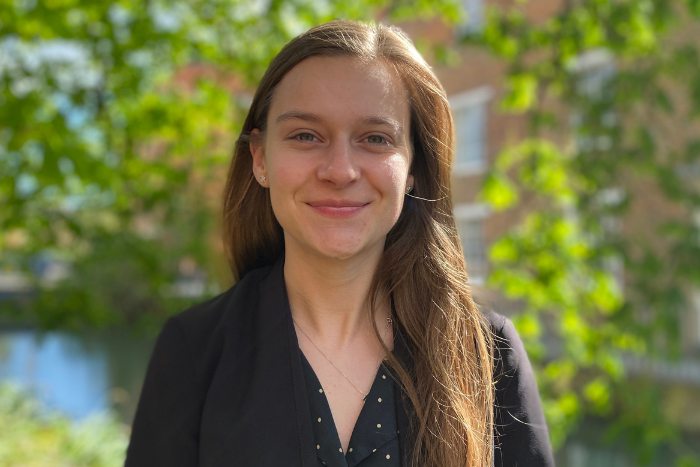
Grace de Souza Wins 2nd Place in Climate Change Research Group's Dissertation Award
Grace de Souza's dissertation 'Convective-Permitting Model Projects Greater Reduction in Updraft Cores Over the Congo Basin' has been awarded 2nd place in Climate Change Research Group's 2023 Dissertation Prize.
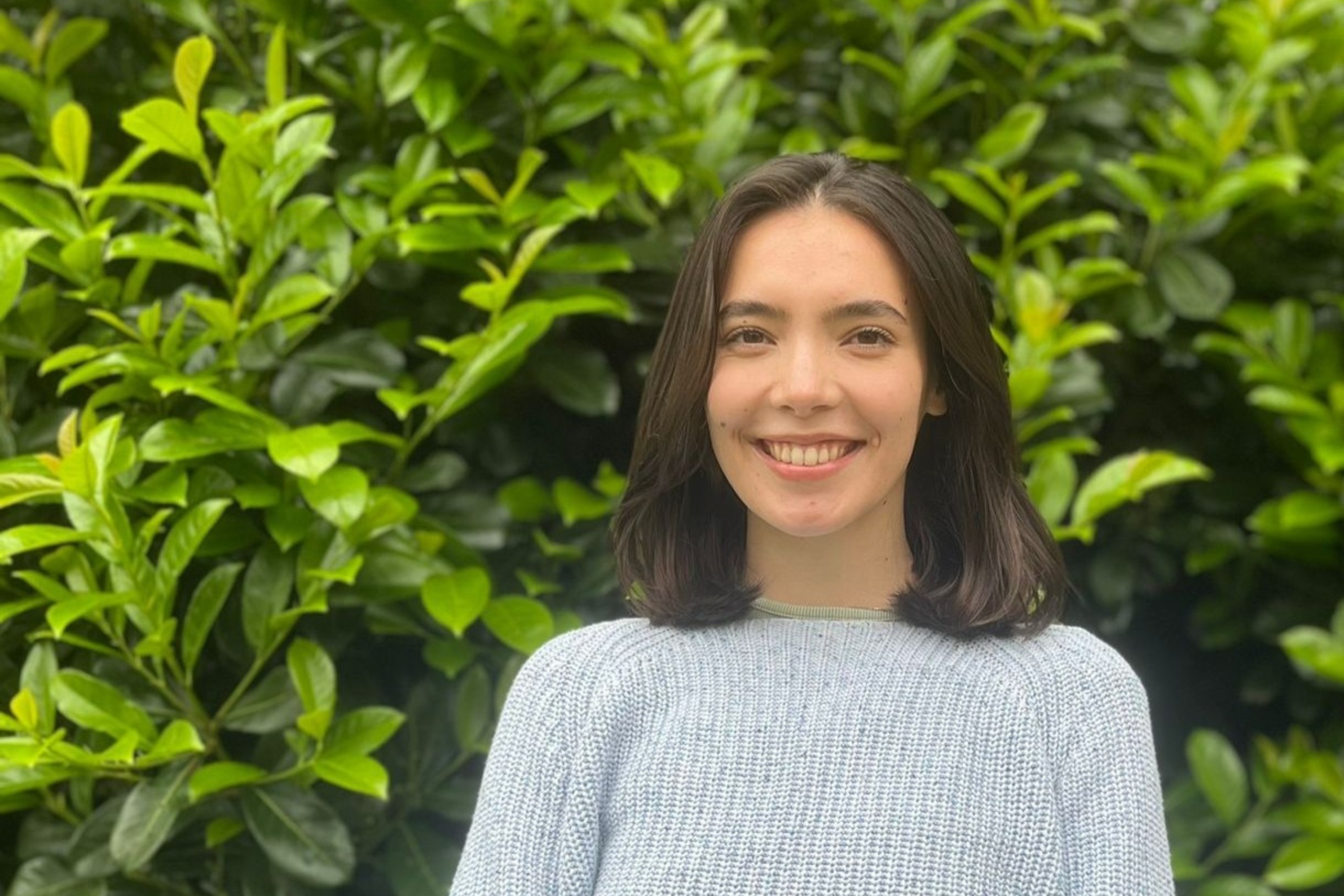
New report states 7–9 billion tonnes of CO2 must be sustainably removed per year to hit climate targets
The 2024 State of Carbon Dioxide Removal report co-led by researchers at the Smith School of Enterprise and the Environment in the School of Geography and the Environment, finds that around 7–9 billion tonnes of CO2 per year will need to be removed by mid-century from the atmosphere if the world is to meet the 1.5°C Paris Agreement target. The authors stress that reducing emissions is the primary way to achieve net-zero, but Carbon Dioxide Removal (CDR) has a critical role to play.

Not a Zero-Waste of time! Interview with Professor Anna Lora-Wainwright
What does the future of zero-waste living look like in urban China? This interview with Professor Anna Lora-Wainwright explains the many forms that everyday environmentalist activism can take, and also explores the role of the individual and the state in zero-waste living.

Oxford Geoscience Professor Myles Allen On Solving The Problem Of Climate Change
Myles Allen has been studying how human and natural influences contribute to climate change since the early 1990s, served on the UN Intergovernmental Panel on Climate Change (IPCC) for its 3rd, 4th and 5th Assessments, and was a Coordinating Lead Author for its special report on 'the impacts of global warming of 1.5 °C above pre-industrial levels,’ and has been dubbed by the BBC “the physicist behind net zero”.
